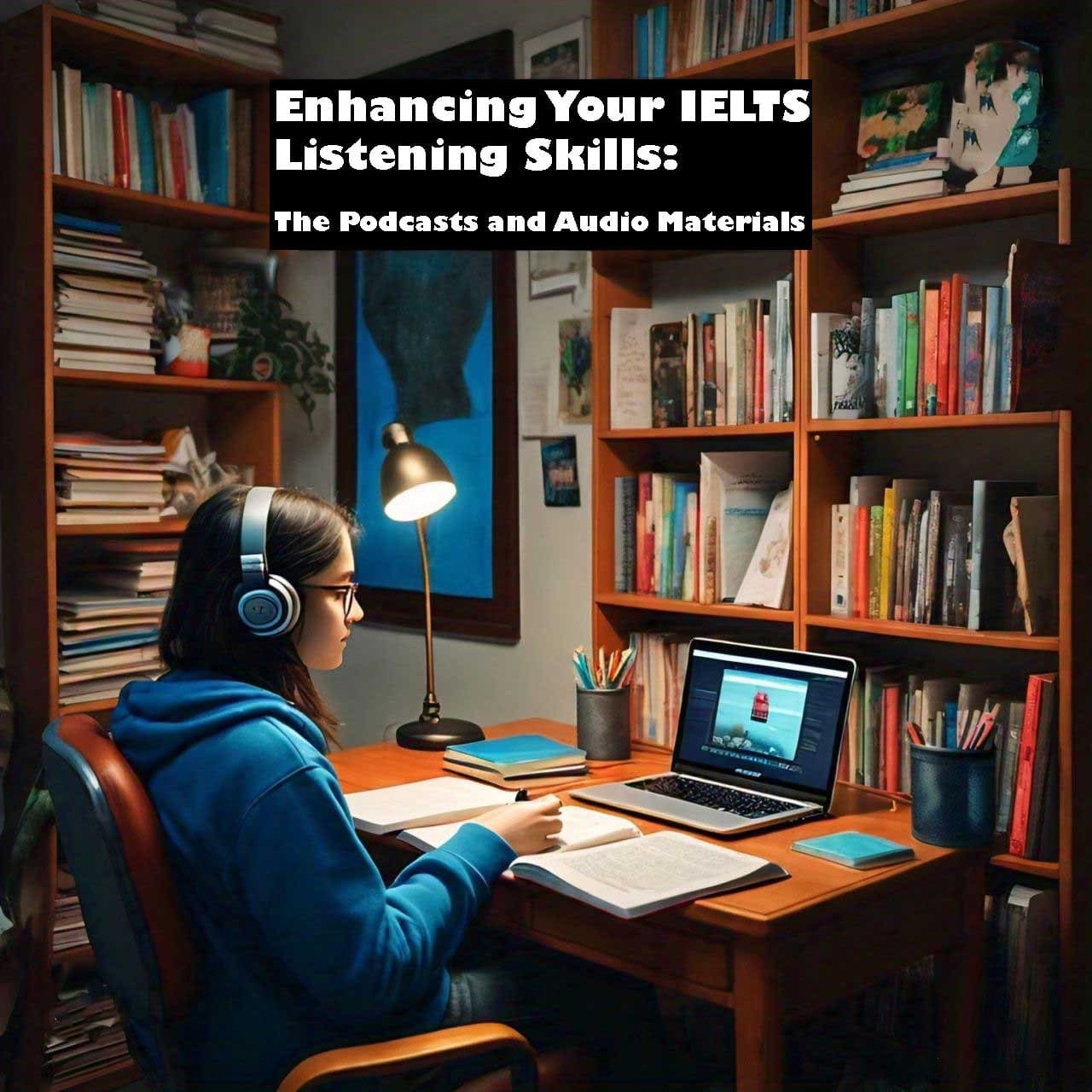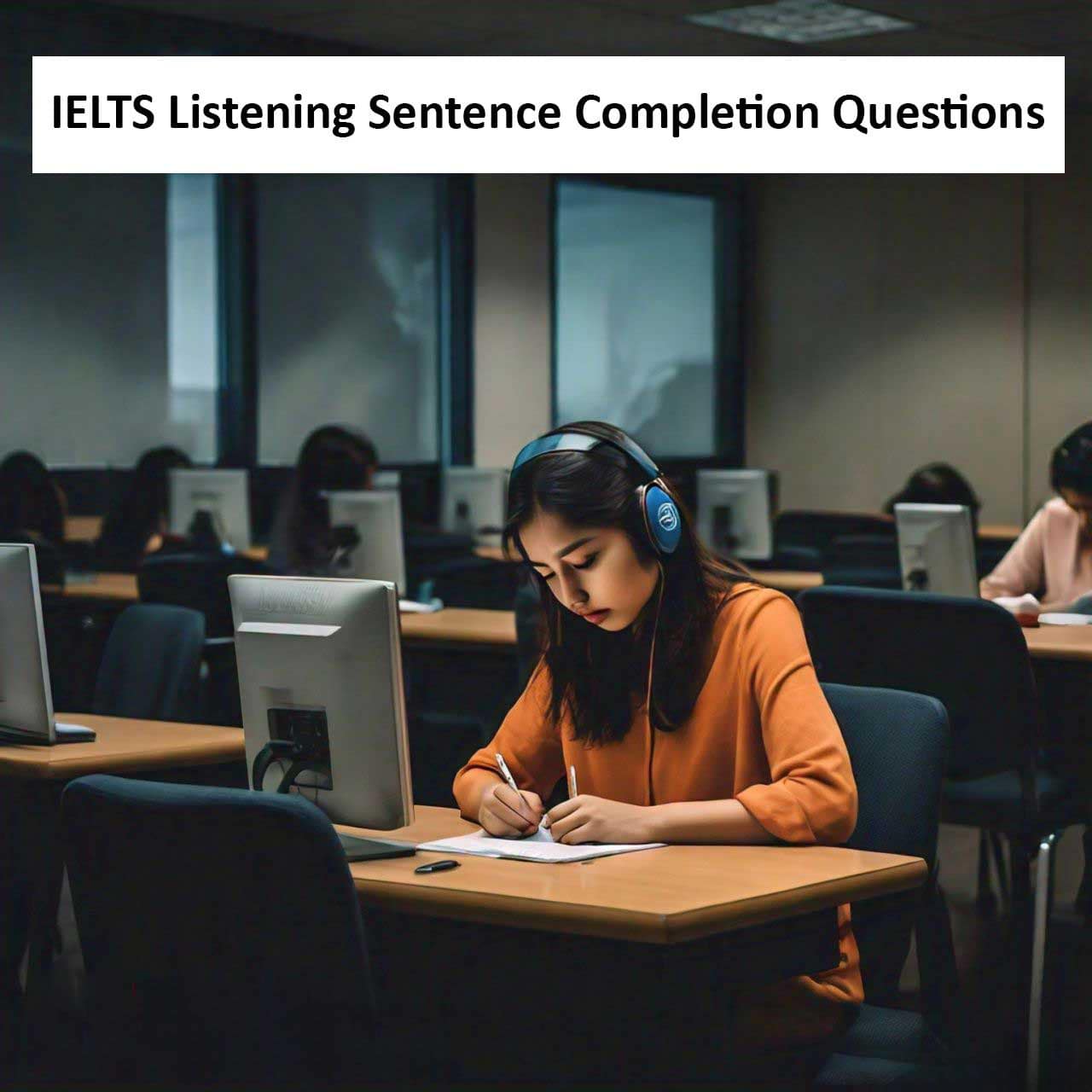In the journey to achieve success in the International English Language Testing System (IELTS) exam, mastering the listening component is crucial. Strong listening skills not only boost your overall score but also equip you with essential abilities for real-life communication in English-speaking environments. One effective way to hone your listening skills is through regular practice with podcasts and audio materials tailored for IELTS preparation. In this blog post, we’ll explore the benefits of incorporating podcasts and audio materials into your IELTS listening practice regimen.
Why Focus on Listening Skills?
Before delving into the role of podcasts and audio materials, let’s understand why listening skills are paramount for IELTS success. The listening component of the IELTS exam assesses your ability to understand spoken English in various contexts, such as everyday conversations, academic lectures, and workplace discussions. By sharpening your listening skills, you’ll be better equipped to comprehend verbal information accurately, follow instructions, and extract key details—a proficiency that’s invaluable not only for the exam but also for academic and professional endeavors.
The Benefits of Podcasts and Audio Materials:
1. Authentic Content: Podcasts and audio materials offer authentic spoken English content, mirroring the language you’ll encounter in real-life situations. Listening to native speakers converse, present ideas, and discuss topics exposes you to different accents, speech patterns, and vocabulary, helping you become accustomed to the nuances of the language.
2. Diverse Topics: Podcasts cover a wide range of topics, from news and current affairs to science, culture, technology, and more. This diversity allows you to explore areas of personal interest while simultaneously expanding your knowledge and vocabulary across different subject areas—an essential aspect of IELTS preparation, where topics can vary widely.
3. Listening Practice Anytime, Anywhere: One of the greatest advantages of podcasts and audio materials is their accessibility. Whether you’re commuting to work, exercising at the gym, or relaxing at home, you can conveniently incorporate listening practice into your daily routine. This flexibility enables you to maximize your study time and immerse yourself in English listening input consistently.
4. Interactive Learning: Many podcasts and audio resources designed for IELTS preparation offer interactive features, such as comprehension exercises, transcripts, and follow-up questions. These supplementary materials enhance your learning experience by allowing you to assess your comprehension, reinforce newly acquired vocabulary, and track your progress over time.
5. Improved Concentration and Focus: Regular exposure to spoken English through podcasts and audio materials helps sharpen your concentration and focus, essential skills for the IELTS listening test. As you train your ear to tune into verbal cues, identify key information, and filter out distractions, you’ll become more adept at maintaining attentiveness throughout the exam duration.
How to Make the Most of Podcasts and Audio Materials:
To maximize the benefits of podcasts and audio materials in your IELTS listening practice, consider the following tips:
– Choose Relevant Content: Select podcasts and audio resources that align with the format and content of the IELTS listening test, focusing on varied accents, speeds, and topics.
– Active Listening: Engage actively with the material by taking notes, summarizing key points, and predicting upcoming information based on context clues.
– Repeated Listening: Listen to the same podcast or audio clip multiple times to reinforce comprehension, identify unfamiliar words or phrases, and internalize the content.
– Utilize Transcripts: Take advantage of transcripts, when available, to follow along with the audio, review vocabulary, and clarify any passages that pose difficulty.
– Track Your Progress: Keep a log of the podcasts you’ve listened to, noting your comprehension level, areas of improvement, and vocabulary acquisition. Set achievable goals to measure your advancement over time.
Conclusion:
Incorporating podcasts and audio materials into your IELTS listening practice regimen can significantly enhance your language proficiency and boost your confidence for the exam. By immersing yourself in authentic spoken English content, exploring diverse topics, and engaging actively with the material, you’ll not only sharpen your listening skills but also develop a deeper understanding of the language and its nuances. So, harness the power of podcasts and audio resources to embark on a rewarding journey towards IELTS success—one listening session at a time.



